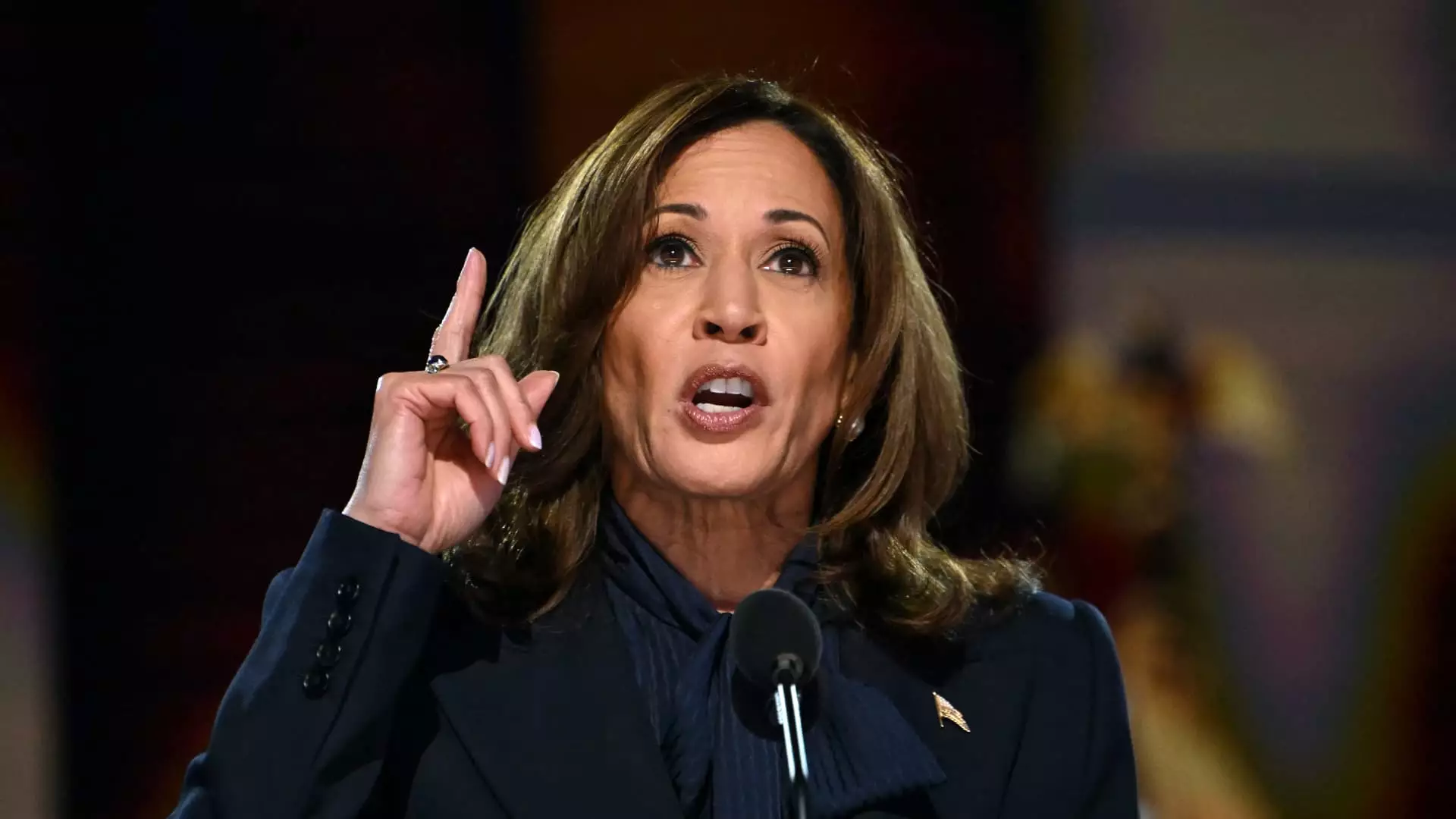During the Democratic presidential nomination acceptance speech in Chicago, Vice President Kamala Harris did not hold back in her criticism of Republican nominee Donald Trump. She accused Trump of aspiring to be an autocrat and cozying up to tyrants like Kim Jong-Un. Harris emphasized that Trump’s susceptibility to flattery and favors from dictators makes him unfit to lead a nation like the United States, pointing out his failure to hold autocrats accountable. Harris vowed to always defend America’s security and ideals as president.
In response to Harris’ sharp critique, Trump took to a social media platform to dismiss her claims. He accused Harris of being weak and ineffective, claiming that she had enabled tyrants to become stronger, richer, and more powerful during her tenure. Trump’s reply highlighted the ongoing political rivalry between the two candidates and showcased his dismissive attitude towards Harris’ allegations.
As the Democratic national convention unfolded, several prominent figures from the American military and intelligence community voiced their concerns about Trump’s leadership and foreign policy approach. Representative Elissa Slotkin of Michigan, a former CIA analyst with experience in Iraq, criticized Trump’s admiration for dictators and his neglect of America’s friends. Senator Mark Kelly, a former Navy fighter pilot and astronaut, highlighted Trump’s failure to prioritize intelligence briefings and accused him of aspiring to become a dictator. Former Secretary of Defense Leon Panetta warned against Trump’s isolationist tendencies and quoted former President Reagan on the dangers of appeasing tyrannical governments.
The collective criticism from political leaders, military veterans, and intelligence experts underscores the high stakes of the upcoming presidential election. The choice between Trump and his opponents is framed as a stark one: between America retreating from the world or leading it. The recurring theme of Trump’s autocratic tendencies, his disregard for national security, and his admiration for authoritarian leaders paint a troubling picture for the future of American democracy and global stability. As citizens prepare to cast their votes, the warnings from these influential voices serve as a reminder of the importance of choosing wisely in a time of great uncertainty.


Leave a Reply